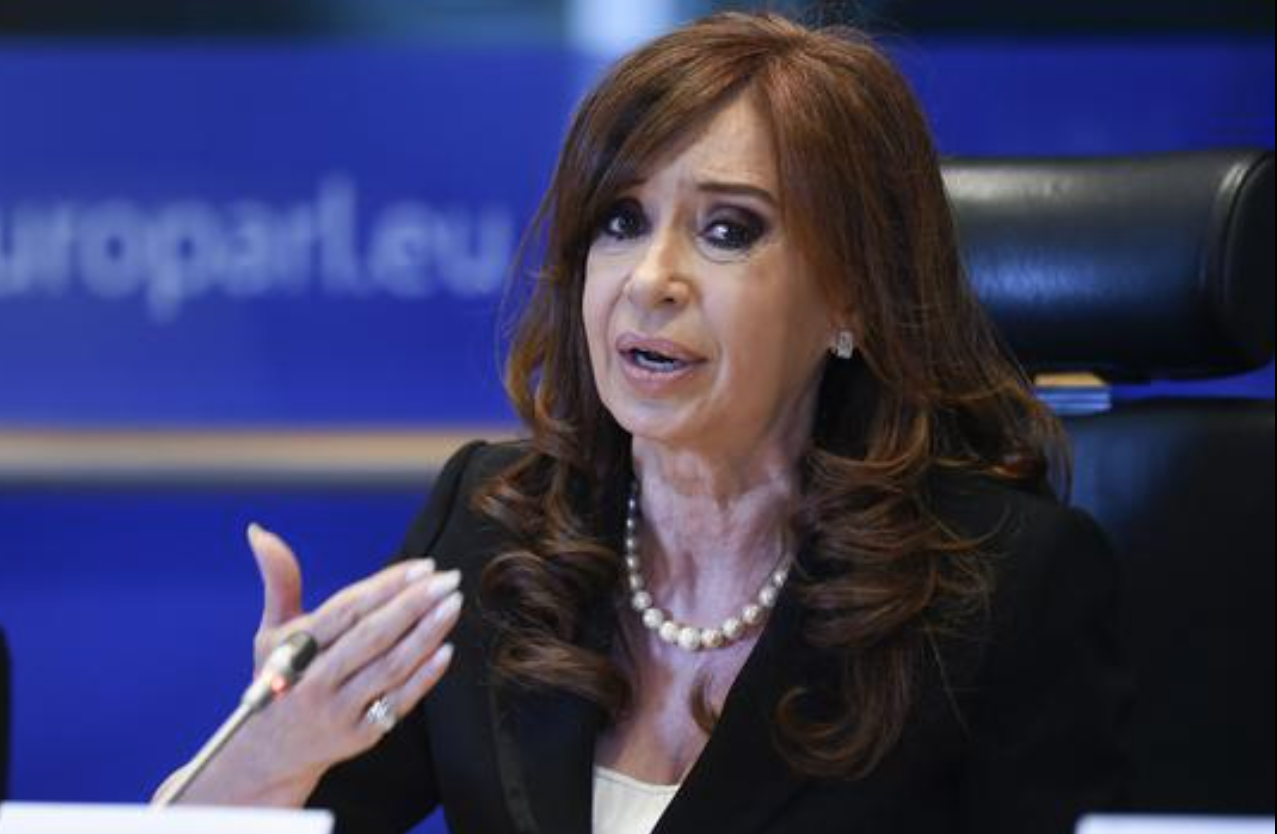The conviction on corruption charges of Argentina’s current Vice President and former president, Cristina Fernández de Kirchner, to six years in prison and lifetime disqualification from holding public office raises important questions about the independence of powers in the country. This is not the first time a former president has been convicted in Argentina, but there are also significant differences with previous cases.
There is obviously a big difference between corruption and killing people. In 1985, members of the dictatorial junta that ruled the country during the Dirty War (1976-1983) were convicted and arrested for their genocidal crimes. Meanwhile, in 2001, Peronist President Carlos Menem (1989-1999) was convicted and arrested for the illegal sale of arms to Croatia and Ecuador during the 1990s.
The case of Cristina Fernandez de Kirchner, however, is different and her conviction is not related to stories of violence but to charges of corruption. Unlike the previous cases, the vice president’s sentence is not final and will certainly be appealed. In addition, the sitting vice president has immunity, so she will not be arrested in the near future as Menem was.
Why is Cristina being convicted now? Like so many Argentine politicians, Cristina Kirchner cannot explain why she has so much money. But to understand what happened, something that seemed like it would never happen, it is important to understand the specific context of this trial.
Although many of the accusations were loud and clear, until now, CFK (as she is known in Argentina) had been able to bend the current Peronist government to her will. However, the government of Alberto Fernandez that defends her just for the sake of saying it also ended up providing, perhaps unintentionally, the perfect context for her trial to be resolved. In addition, to a judiciary with links to the opposition, was added the (unclear) attack against Cristina carried out by a lumpen group with neo-Nazi preferences to make the atmosphere even tenser.
In a heated message, Cristina Kirchner denounced “judicial mafias” and “parallel states”, and although she said she would not delve into theoretical issues, she made it clear that for her this is an ideological issue. The history of populism and her own history of ideological swings does not agree with her position. In the 1990s, most Peronists agreed at the time with Nestor Kirchner that Menem represented a historical continuity with Perón. In the 2000s, Nestor Kirchner and Cristina Kirchner disavowed their Menemist past and presented themselves as leaders of a new era, diametrically opposed to that of Menem, which had betrayed “the national flags”.
However, when years earlier Menem led Peronism toward the neoliberal right, Cristina Kirchner stayed in the boat, while openly claiming that she supported the president who “abhorred… feminism” and that Argentina was no longer in danger of being defeated by the “infamous red rag of the 70s”. Years later, in the 2000s, when she tried to embody the populist left, Cristina Kirchner questioned the so-called left that identified itself with the color red while promoting a “true” left represented by Argentines wearing the national colors. According to her, there were no legitimate positions, neither right nor left, beyond Kirchnerism. Specifically, in populism, the position of the leader is more important than the contents of his changing speeches.
After the conviction, she has maintained her accusations against the media critical of her and, in particular, against Clarín, one of the most important newspapers in the country, for manipulating the judiciary. This is a long-standing story. For ten years, former presidents Néstor Kirchner and Cristina Fernández de Kirchner launched an offensive against critical media. Moving from demonization to practice, they used the Public Revenue Administration to harass the opposition newspaper with audits and, finally, with antitrust laws that favored ideologically close media. Similar methods, although more extreme, were used and are still being used in countries such as Venezuela, Nicaragua, El Salvador, and Ecuador.
In addition, as expected, Cristina Kirchner once again accused the judiciary of being against her. It is worth remembering that Peronism itself manipulated the same judiciary during the governments of Carlos Menem, Néstor Kirchner, and Cristina Kirchner herself (2007-2015).
In practice, the vice president has not been able to explain the enormous increase in her wealth after a life dedicated to public service. It should be recalled that her daughter inexplicably had more than four and a half million dollars in two safety deposit boxes in Buenos Aires. In addition, a friend of her husband’s, a bank employee with no business background, became overnight a successful entrepreneur and the magnate of public works in Patagonia during the 2000s.
Given this reality, many Argentines convincingly believe that the problem of corruption is not exclusive to Peronism or the Kirchners, and link the case to others in the region. I do not agree with the arguments about the alleged similarities between this trial and other cases in Latin America. Perhaps the case that comes closest to this one is that of Donald Trump, in the sense that, just as in the Republican Party, many Peronists are silently rejoicing at the fall of a populist icon for corruption.
Will this trial be the beginning of a broader and more serious investigation into corruption in Argentine politics, a problem that transcends Peronism? This is not the case either. Only time will tell if this prosecution of the vice president has significant political consequences or if it is just another case of “much ado about nothing” in Argentina’s long history of corruption.
*Translated from Spanish by Janaína Ruviaro da Silva











